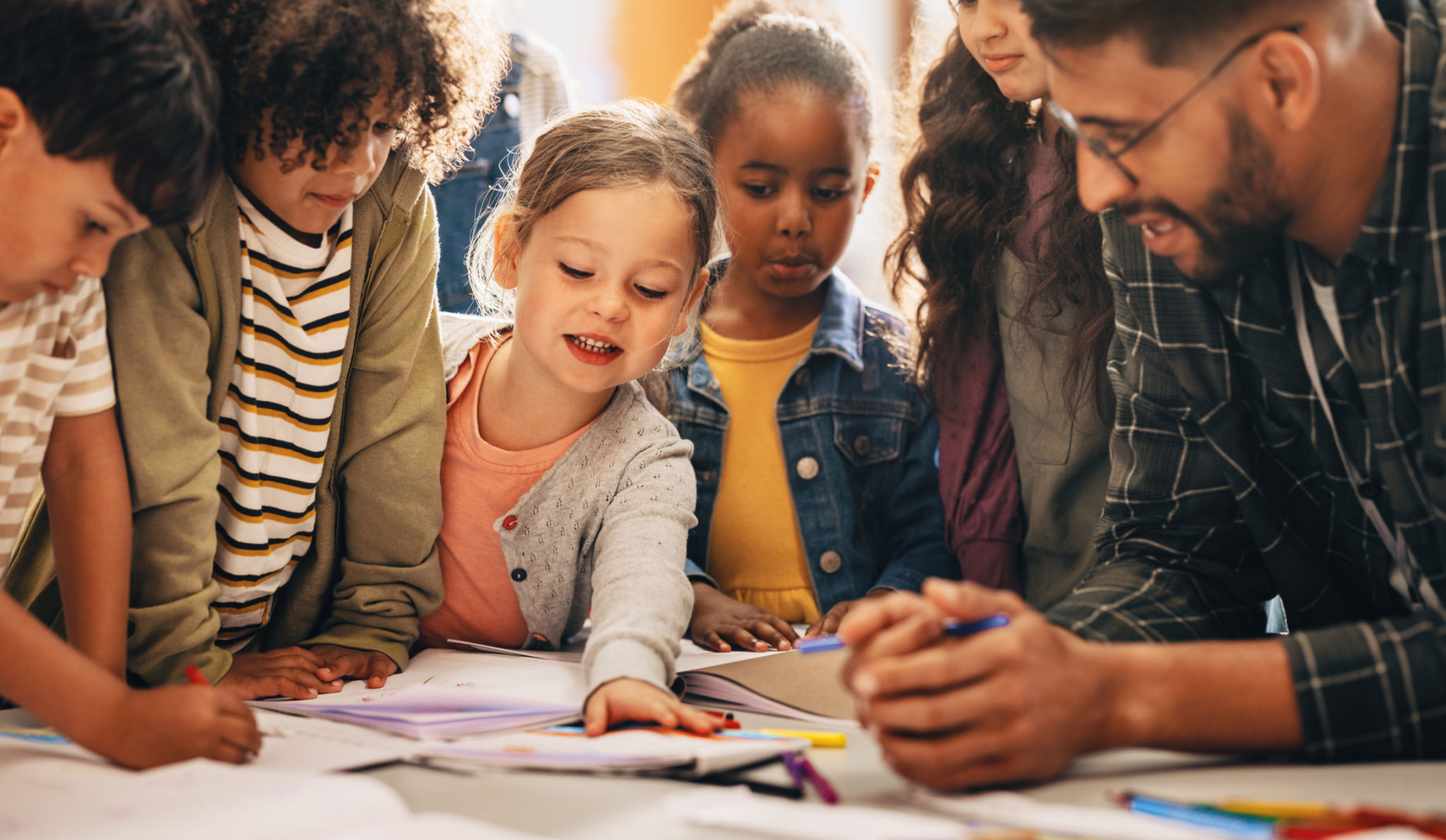Top Myths About Educational Psychology Debunked
Understanding Educational Psychology
Educational psychology is a fascinating field that explores how people learn and develop in educational settings. However, there are many misconceptions about this area of study. By debunking some of these myths, we can gain a clearer understanding of the true nature and potential of educational psychology.

Myth 1: Educational Psychology Is Only About Children
One common myth is that educational psychology solely focuses on children and their learning processes. While it's true that a significant portion of research is dedicated to childhood education, this field actually spans across all stages of life. Educational psychologists study learning behaviors in adults as well, exploring how lifelong learning and development occur in various environments.
Myth 2: It’s Just Common Sense
Another misconception is that educational psychology merely reinforces what we already know through common sense. In reality, educational psychology involves the rigorous scientific study of learning processes. Researchers use empirical methods to understand complex psychological phenomena, which often reveal surprising insights that challenge our intuitive beliefs.

Myth 3: Educational Psychologists Are Teachers
While educational psychologists often collaborate with teachers, their roles are distinct. Educational psychologists conduct research to develop theories about learning, while teachers apply these theories in practical settings. Educational psychologists work behind the scenes, contributing to curriculum development, assessment design, and policy-making to improve educational outcomes.
The Broader Impact of Educational Psychology
Educational psychology plays a crucial role in shaping effective educational practices. By understanding the diverse ways individuals learn, educators can tailor their approaches to meet the needs of different learners. This field also addresses issues like motivation, memory, and cognitive development, which are essential for fostering successful educational experiences.

Myth 4: It’s Only Relevant to Traditional Schooling
Many people assume that educational psychology is only applicable to traditional classroom settings. However, its principles are relevant to a wide array of learning environments, including online education, workplace training, and informal learning situations. Educational psychology helps in designing effective instructional strategies across various platforms and contexts.
Myth 5: All Learning Theories Are Outdated
A prevalent myth is that learning theories within educational psychology are outdated and irrelevant in today’s fast-paced world. On the contrary, these theories continuously evolve as new research emerges. Educational psychologists integrate cutting-edge findings from neuroscience and technology to keep their theories current and applicable.
The Future of Educational Psychology
Looking ahead, educational psychology will continue to support innovation in teaching and learning methods. With advancements in technology and a deeper understanding of cognitive processes, educational psychologists are poised to make significant contributions to educational reform and personalized learning experiences.
By debunking these myths, we can appreciate the profound impact educational psychology has on our understanding of human development and education. Embracing the insights from this field can lead to more effective teaching methods and ultimately enhance the learning experiences for individuals of all ages.